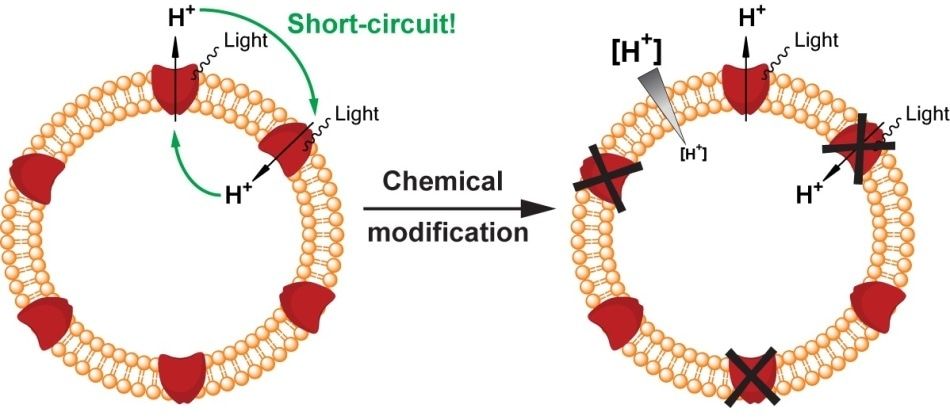According to theoretical physicist and super-genius Stephen Hawking, “The human race is just a chemical scum on a moderate-sized planet orbiting round a very average star in the outer suburb of one among a hundred billion galaxies.” Indeed, to most modern scientists we are nothing more than an entirely random ‘happy accident’ that likely would not occur if we were to rewind the tape of the universe and play it again. But what if that is completely wrong? What if life is not simply a statistical anomaly, but instead an inevitable consequence of the laws of physics and chemistry?
A new theory of the origin of life, based firmly on well-defined physics principles, provides hefty support for the notion that biological life is a “cosmic imperative”. In other words, organic life had to eventually emerge. If such a theory were true, it would mean that it is very likely that life is widespread throughout the universe.








